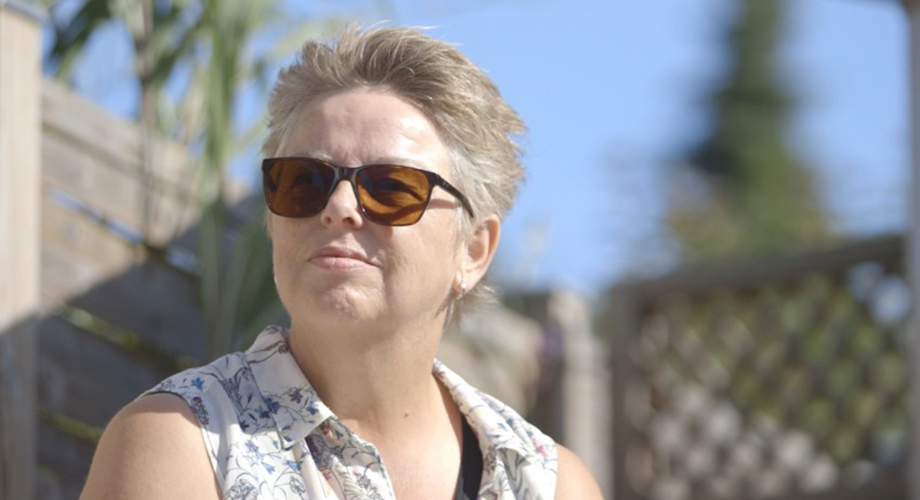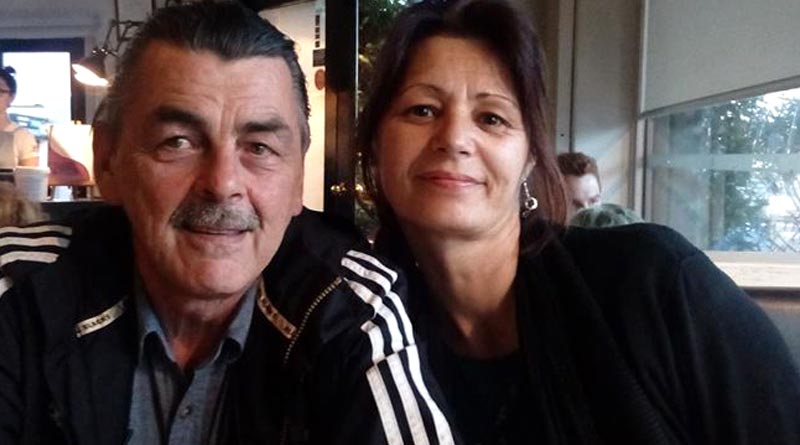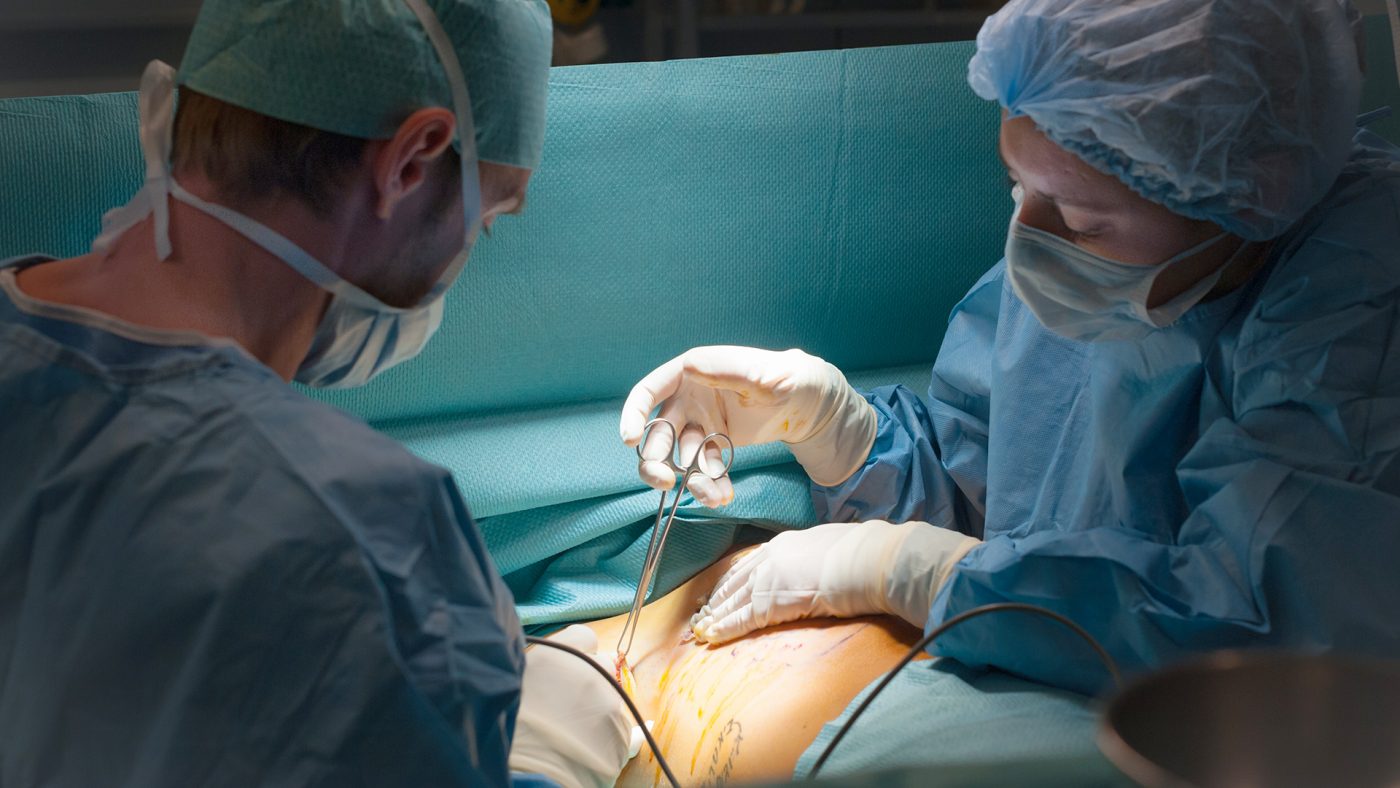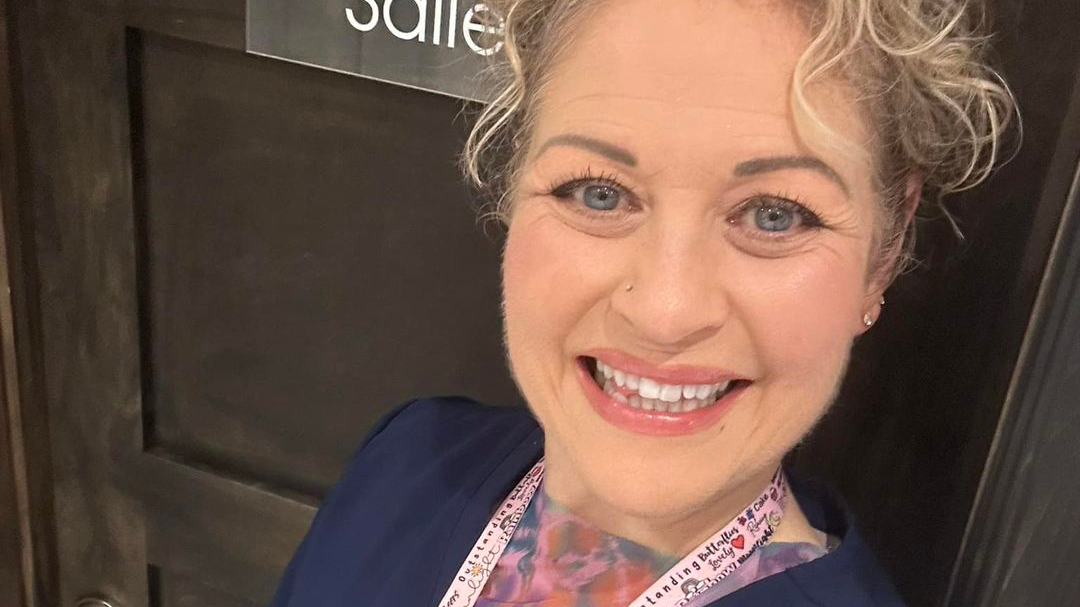One of the biggest manufacturers of vaginal mesh implants, C.R. Bard, is ending all production and marketing of the controversial products after years of campaigning by women around the world.
Campaigners applauded the decision but queried why it had not been made sooner. Bard halted the use of certain mesh products in the United States almost seven years ago amid concerns raised by women and regulators.
Since then, Bard has paid out hundreds of millions of dollars in settlements and damages in the U.S. to women who said they were harmed by mesh. At the same time, the company continued selling mesh outside the U.S., where different laws meant the threat of costly lawsuits was lower.
Bard’s decision to shut down its remaining mesh business comes three months after the International Consortium of Investigative Journalists’ Implant Files investigation revealed how light-touch regulation has made Europe a honeypot for firms marketing little-tested medical devices.
The news is tinged with sadness, knowing how many healthy women have had their lives shattered. – Kath Sansom
Despite widespread warnings about the safety of mesh, Bard’s parent company Becton Dickinson insisted its decision to exit all markets was “a business decision and not a safety concern,” as was the partial retreat from the U.S. in 2012.
In a statement to ICIJ, a spokesman for Becton Dickinson said: “Yesterday [March 7], BD announced our decision to discontinue the manufacture and sale of [vaginal mesh] products in all remaining markets worldwide, so we no longer sell these products in any market.”
He added: “While thousands of women over many years have benefited from the safe use of these products, we have decided to stop production … to focus on other strategic priorities.”

For years, campaign groups in Europe and elsewhere have raised concerns about the safety of vaginal mesh, which is used as a treatment for urinary incontinence or organ prolapse. Mesh products were marketed as a less invasive alternative to surgery.
Campaigners point out that mesh has left large numbers of women with chronic pain and other debilitating symptoms.
Kath Sansom, founder of U.K.-based campaign group Sling The Mesh, said: “The decision is being celebrated by campaigners but the news is tinged with sadness, knowing how many healthy women have had their lives shattered, all because they trusted they were having a simple fix.”
In 2011, the U.S. Food and Drug Administration issued a report saying that patient harm caused by mesh was “not rare.” In January the following year, it ordered several leading manufacturers, including Bard, to carry out new studies because it was “concerned with the potential safety risks.”
Instead of carrying out those studies, Bard withdrew its Avaulta mesh from the U.S. market. At the time, almost 90 percent of mesh manufacturers discontinued their products in the U.S. or changed the product’s indication.
Bard and other manufacturers who chose in 2012 to withdraw products in the U.S. continued to market them in Europe and elsewhere.
Carl Heneghan, professor of evidence-based medicine at Oxford University in the U.K., said: “Failing products and an unwillingness to develop evidence of safety underpins the vast majority of medical device withdrawals.” He predicted other manufacturers are likely to follow Bard’s lead and withdraw from mesh products.
Heneghan said that growing safety concerns around mesh meant governments should require doctors to follow up with all women with these devices.
Kate Kristmundsson, from Lolland in Denmark, was implanted with Bard mesh product Avaulta Plus in February 2012 and since then has been in pain every day. She told ICIJ’s Danish media partners DR that she had complained to Bard, but the company refused to help, partly because she had not sent them the mesh, some of which was still in her body.
Asked about Bard’s decision to continue marketing mesh outside the U.S. after 2012, Kristmundsson said: “I can’t believe it. I simply do not understand why there is no one who could have stopped it. It’s deeply shocking.”
A Becton Dickinson spokesman said: “Business decisions can vary region to region depending on current market conditions in that region. This can result in a company deciding to introduce and/or discontinue products at different times in different regions of the world.”
The Implant Files was a collaborative investigation involving more than 250 journalists at different media organizations around the world.
It was inspired by Dutch journalist Jet Schouten. In 2014, using secret filming, Schouten set out to prove how easy it was to get a license to market a medical device in Europe. She took the plastic net packaging from mandarin oranges and attempted to pass it off as surgical-grade mesh.
To accompany the plastic netting, Schouten produced a bogus technical file, full of deliberate design flaws. With documentary-making colleagues from Avotros, she then filmed certification firms, known as notified bodies, discussing her work. None of them spotted any concerns.







